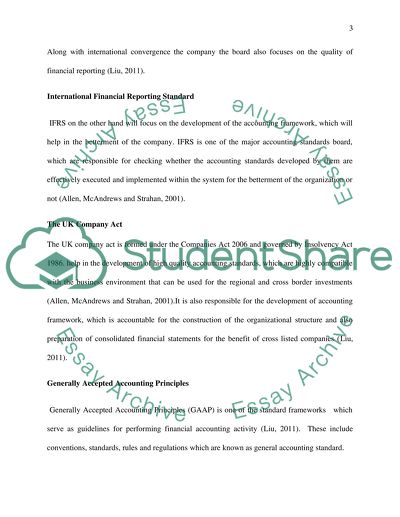Cite this document
(“Assessment of recent developments in financial reporting Essay”, n.d.)
Assessment of recent developments in financial reporting Essay. Retrieved from https://studentshare.org/finance-accounting/1488269-assessment-of-recent-developments-in-financial
Assessment of recent developments in financial reporting Essay. Retrieved from https://studentshare.org/finance-accounting/1488269-assessment-of-recent-developments-in-financial
(Assessment of Recent Developments in Financial Reporting Essay)
Assessment of Recent Developments in Financial Reporting Essay. https://studentshare.org/finance-accounting/1488269-assessment-of-recent-developments-in-financial.
Assessment of Recent Developments in Financial Reporting Essay. https://studentshare.org/finance-accounting/1488269-assessment-of-recent-developments-in-financial.
“Assessment of Recent Developments in Financial Reporting Essay”, n.d. https://studentshare.org/finance-accounting/1488269-assessment-of-recent-developments-in-financial.


